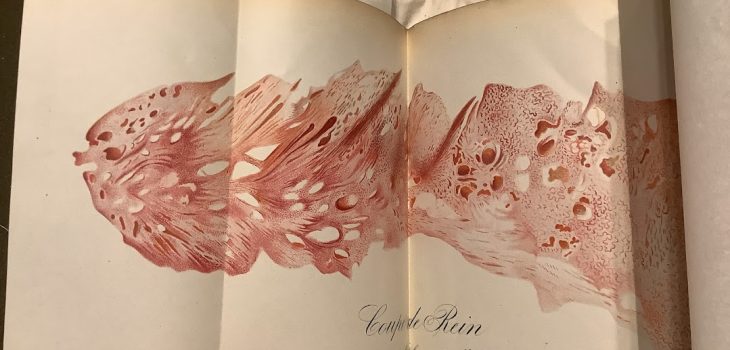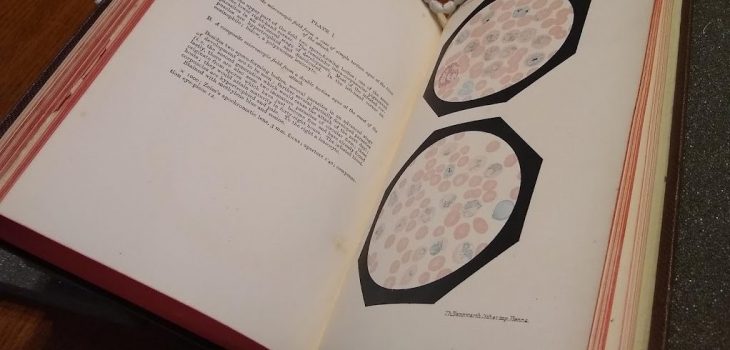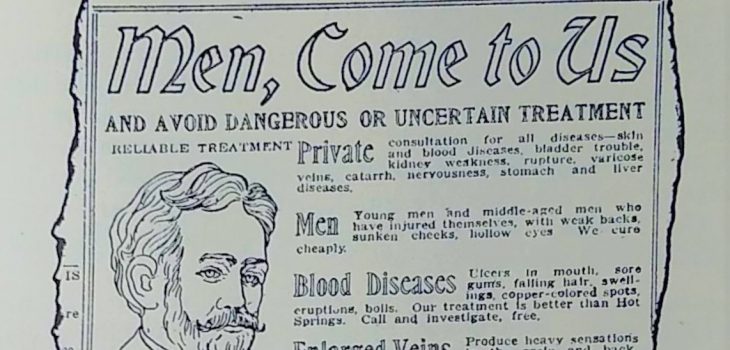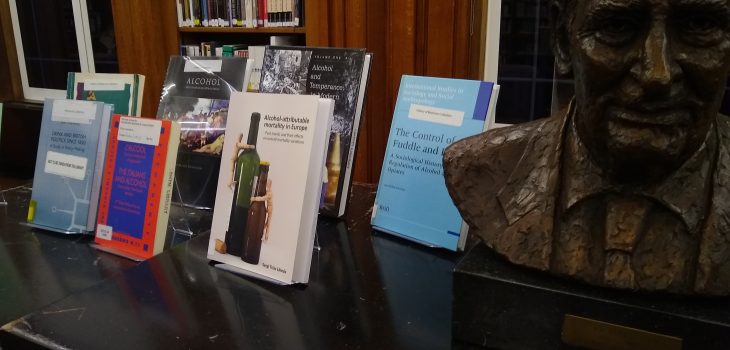Yellow fever, a viral disease transmitted by infected mosquitoes, was “one of the most dangerous infectious diseases of the 18th and 19th centuries, resulting in mass casualties in Africa and the Americas,” according to one recent article. For years up to the nineteenth century, debate raged over how the disease…










